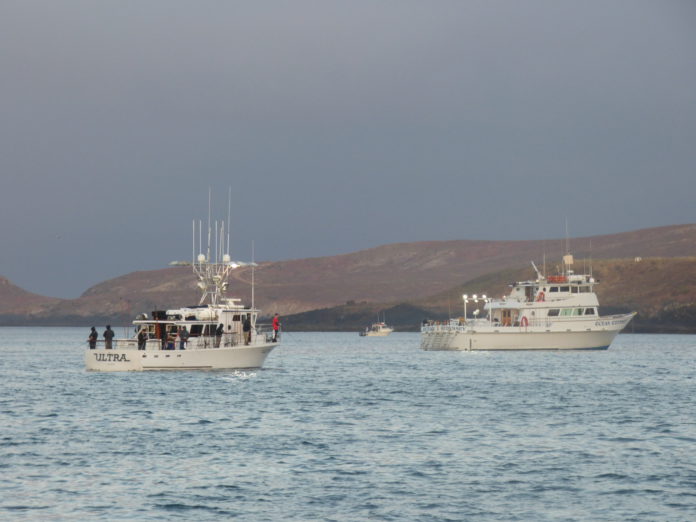Guest Editorial by Ken Franke, President of the Sportfishing Association of California
Nowhere in the country is a state considering engine emission regulations that would result in commercial passenger sportfishing boats to be removed from the water. However, this is exactly what the California Air Resources Board (CARB) proposed rule could cause.
There is a proverbial saying that, “If you build it, they will come.” It is this aspirational approach that the CARB, a state agency that regulates engine emissions, has applied to commercial passenger sportfishing boats. Even though proposed engines and technology has not been developed for this class of boats yet, CARB believes it will come. However, there are serious economic consequences when aspirational goals do not meet reality.
The regulations require lower emission engines and technology that are simply too heavy and too large for existing boat engine rooms. Moreover, there are safety concerns regarding the maritime application of technology that has yet to be tested in this sector of boats. Stability, engine backpressure and concerns over fire prevention are all issues.
If common sense was applied, the voices CARB would be hearing would be that it’s time to return to the drawing board and listen to the captains who know their boats best. But no. An architect of CARB’s regulations told the Los Angeles Times, “We assume that a majority if not all sport-fishing boats have to be replaced to comply.”
According to a reputable ship builder, the most common vessels found off California’s coast would cost $4.5 million – $6 million dollars. Analysis concluded that to finance them, passenger prices would have to be increased 200% for a one-day fishing trip and 97% for a multi-day trip. Not only are these replacement costs beyond the reach of most boat owners, no angler is going to pay over $500 for a one-day fishing trip.
On November 19th, the CARB board heard from boat owners that the proposed regulations are economically infeasible. They also heard from Californians concerned that, as boat owners go out of business, they will be denied access to offshore fishing and marine life. This comes with economic consequences for their coastal economies.
Following public testimony, several board members expressed similar concerns, recognizing that boat owners are family operated businesses committed to protecting the environment, demonstrated by the fact that they have been repowering to lower emission engines for years. They just need a reasonable solution to cleaner air, not a radical approach involving vessel replacement.
The CARB board is expected to revisit the proposed regulations early next year, however, to what extent the draft regulations will be revised is unknown at this time.
If CARB’s aspirational regulations become law, hundreds of thousands of anglers who depend on passenger boats for access to the sea may be denied a uniquely California experience. Over the coming months, we need to make sure CARB hears OUR VOICES. So, please go to www.savefishing.com to join the petition to Save Our Boats! Finally, thank you to the WON readers who have supported our efforts to bring reasonableness to this rule making. A special acknowledgement to those that testified in last week’s CARB meeting. Your voices were so important!




